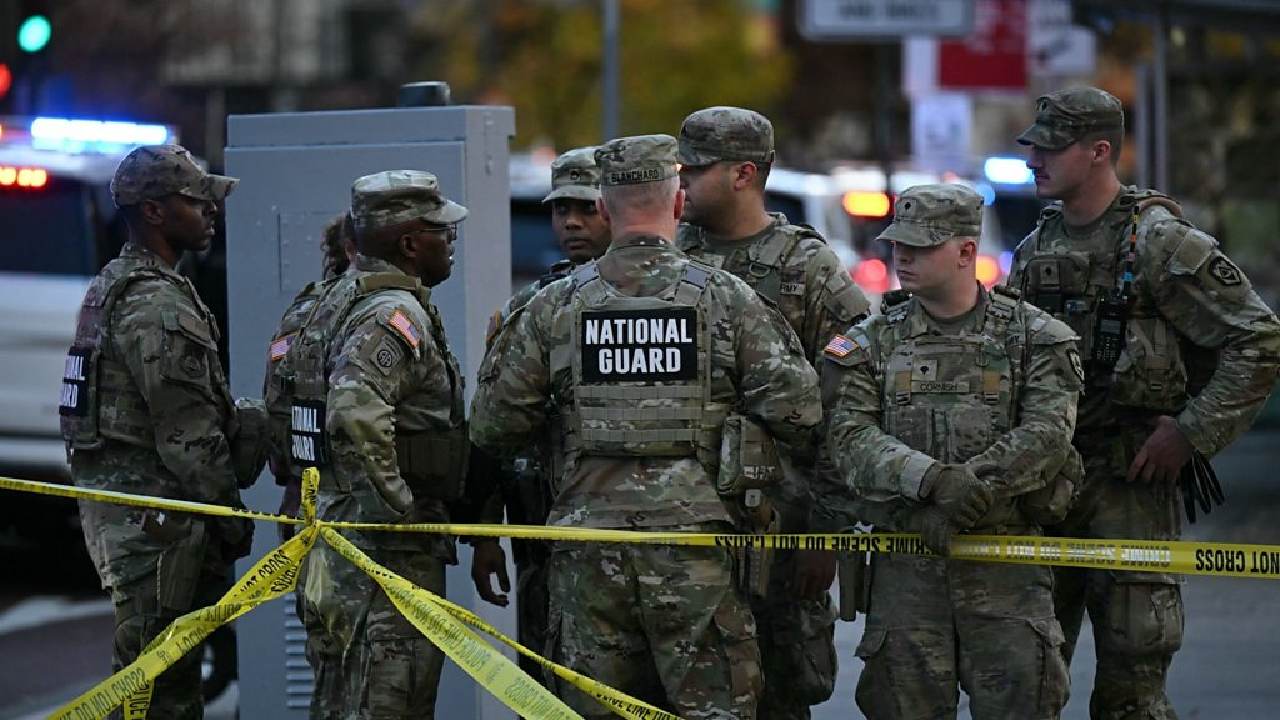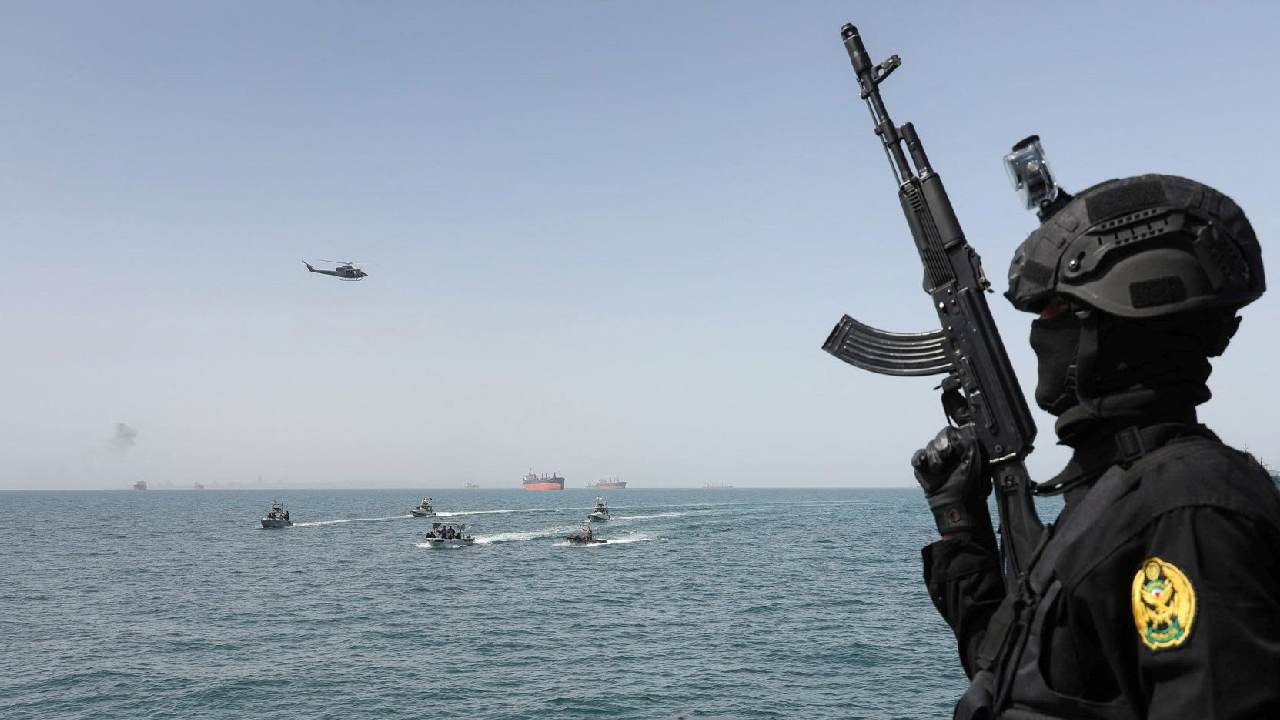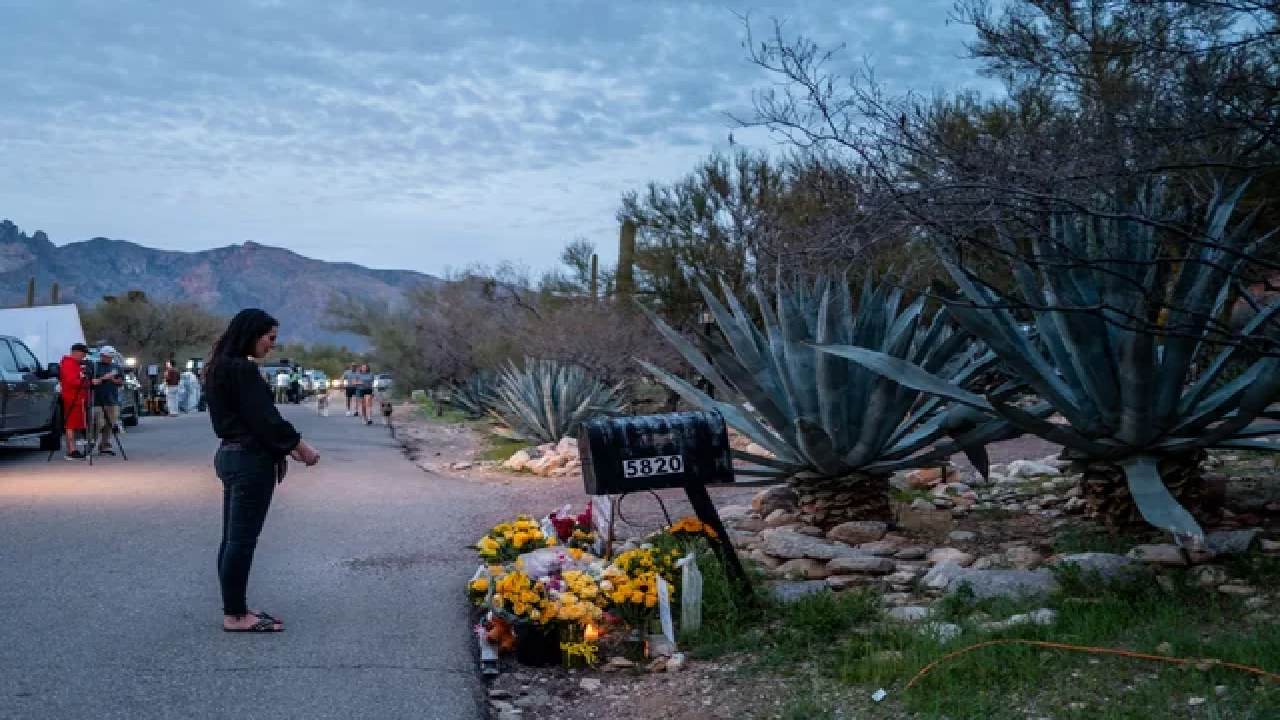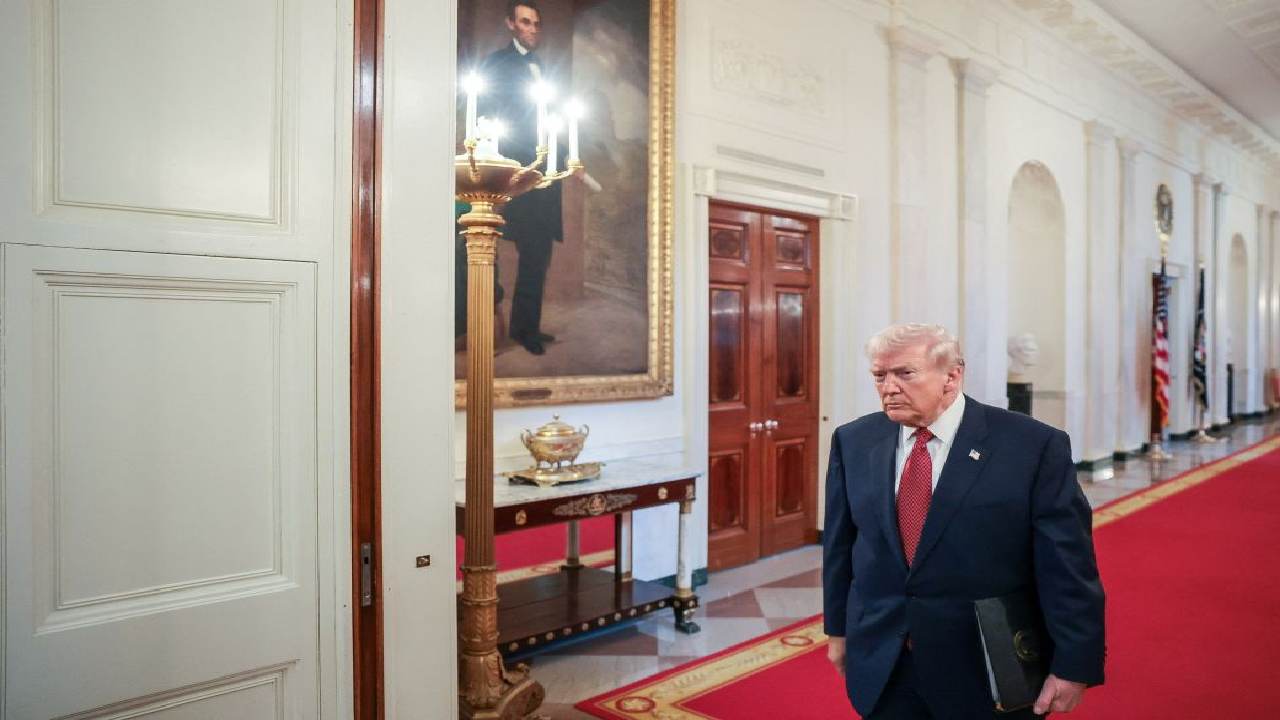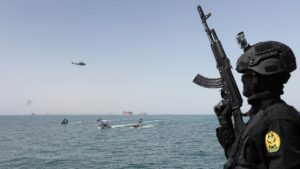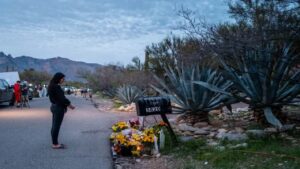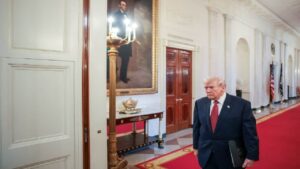A Targeted Shooting in DC: Fear, Uncertainty, and a Search for Answers After National Guard Members Attacked
Ohana Magazine – Washington, DC woke to fear and confusion after two members of the West Virginia National Guard Member suffered gunshot wounds near the White House. Both soldiers now remain in critical condition, and the emotional shock still hangs heavy over the city. Mayor Muriel Bowser quickly called the attack a “targeted shooting,” which immediately raised concerns about motive and public safety. Residents close to the scene described the moment as sudden, loud, and deeply unsettling. Families visiting the capital for the holiday week struggled to understand how violence reached one of the most secure areas in the nation. Even with police moving fast, the city continues to feel tense as officers search for answers. Despite the uncertainty, community members gather for support, hoping their presence brings comfort to the families waiting for any sign of improvement.
The Suspect’s Background Raises Political and Emotional Questions
Authorities identified the suspect as Rahmanullah Lakanwal, an Afghan national who entered the US under Operation Allies Welcome in 2021. He received asylum approval earlier this year. His background immediately intensified political debate, as officials revealed he once worked with the CIA in Kandahar. CIA Director John Ratcliffe explained that Lakanwal served as a partner to US forces before the Afghanistan withdrawal. This detail adds complexity to the case because it touches national security, moral duty, and the reality of wartime promises. Many Americans feel conflicted, since the program aimed to protect those who helped US troops. Yet the tragedy now fuels arguments about immigration and vetting. As political voices grow louder, families of the victims focus only on recovery, hoping the public conversation does not overshadow their pain.
“Read More : Drones and the Next Frontline: How Unmanned Weapons Are Quietly Rewriting Modern War“
A Deployment Already Surrounded by Legal Disputes
The tragedy has placed renewed attention on President Donald Trump’s deployment of National Guard troops to DC. Legal challenges have surrounded this order for weeks, creating a backdrop of conflict long before the shooting occurred. A federal judge recently ruled that Trump exceeded his authority when he called up out-of-state Guard members. However, that ruling remains on hold as the case moves through appeal. At the same time, a West Virginia court supported Governor Patrick Morrisey’s choice to send his state’s Guard troops to DC. These mixed rulings highlight an ongoing battle over state power, federal authority, and the role of military personnel in civilian law enforcement. For the two injured Guardsmen, these political disputes feel distant, yet their presence shows how complex decisions can shape real human outcomes.
Officials Visit the Injured Soldiers and Call for Support
Secretary of the Army Dan Driscoll visited the injured National Guard members at George Washington University Hospital soon after the attack. He later described the meeting as heartbreaking and urged the nation to pray for their recovery. His message struck a powerful chord because it came at a moment when many families prepare for Thanksgiving. Driscoll also reminded the public that every Guardsman volunteers to serve, protect, and support communities during their most difficult moments. While medical teams continue their work, families of the wounded soldiers remain close by, hoping for encouraging news. Their wait is long, heavy, and filled with uncertainty. Even so, support from leaders and strangers offers comfort, showing how quickly people unite when tragedy touches those who serve.
“Read More :Why Britain’s Child Poverty Crisis Is Deepening Despite Its National Wealth“
A Rapid Political Response Fuels a Growing National Debate
President Trump responded to the shooting within hours, calling it “an act of terror” and promising immediate immigration changes. His comments shifted quickly from sympathy for the victims to strong criticism of the Biden administration’s decision to allow Afghan evacuees to enter the country. Trump argued that the attack showed a serious national security risk and demanded new restrictions. His administration then paused all immigration cases related to Afghan nationals, creating fear and confusion among thousands who supported US troops during the war. Critics accused Trump of politicizing tragedy, while supporters praised his swift action. As the debate intensifies, the emotional weight of the shooting remains heavy, and many Americans worry that political tension may overshadow the lives directly affected by the violence.
Understanding Operation Allies Welcome in the Middle of Uncertainty
Operation Allies Welcome began in 2021 to protect Afghans who worked with or assisted the US military. Many left their homes under extreme danger and hoped for safety in America. More than 190,000 Afghans have resettled under the program, with many eligible for Special Immigrant Visas. Others required asylum processing, which has seen delays and pressure as political leadership changes. Lakanwal applied in 2024 and gained approval earlier this year. His case now triggers difficult questions about screening, support systems, and responsibility. Families who arrived under the same program fear public backlash, yet many Americans still express empathy and remind others that one person’s actions do not reflect an entire community. The situation highlights how immigration debates can shape lives long after headlines fade.
